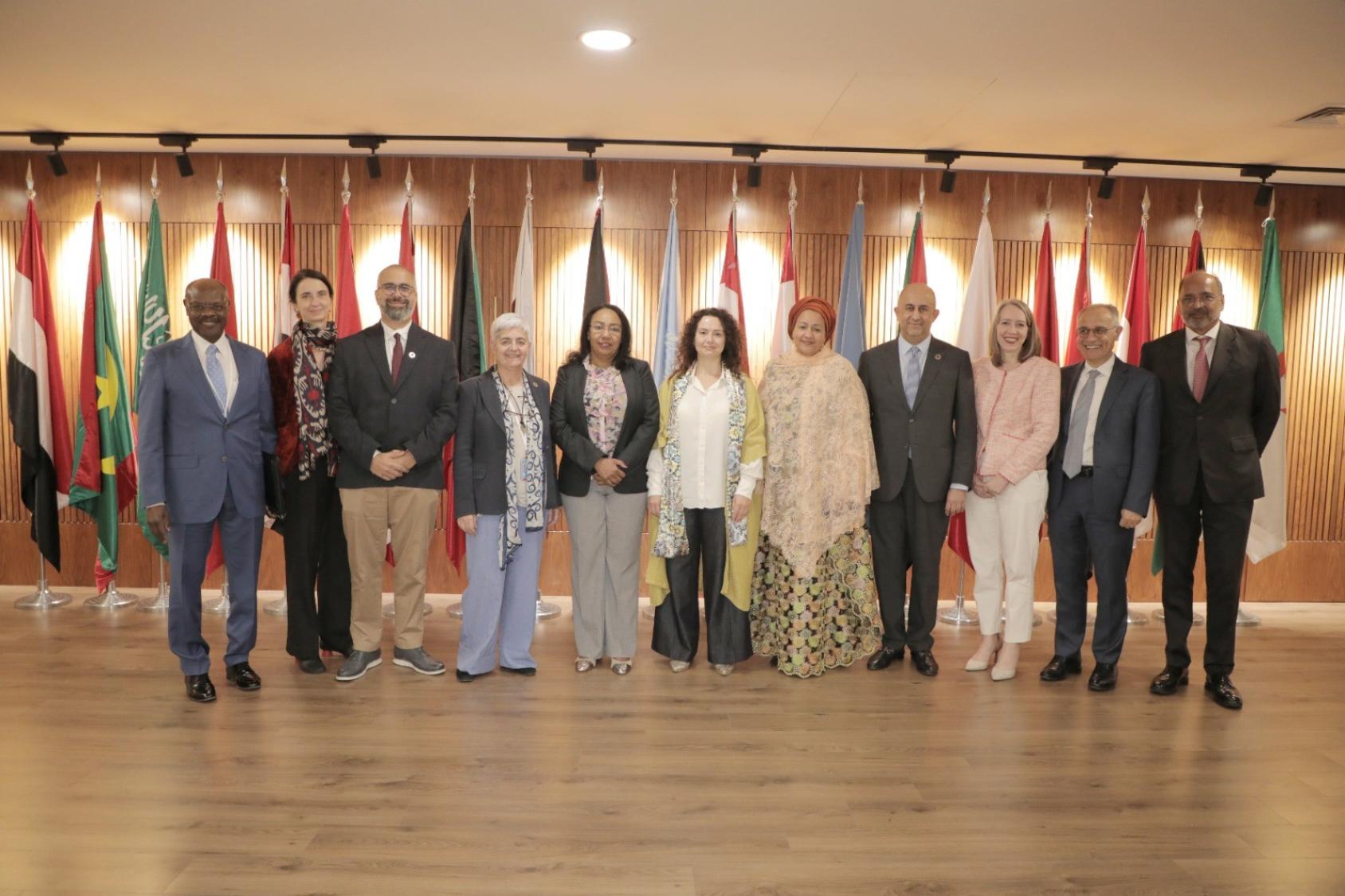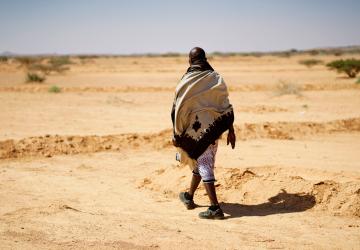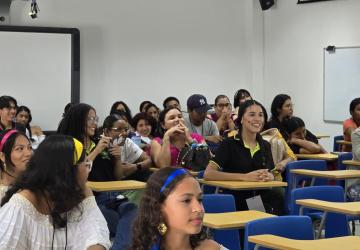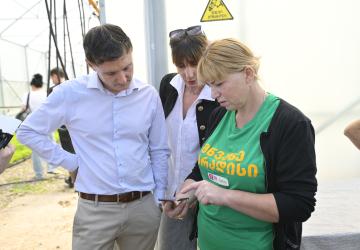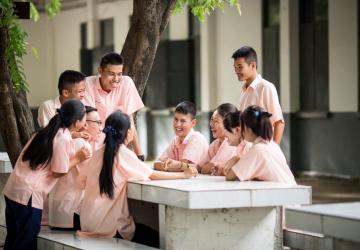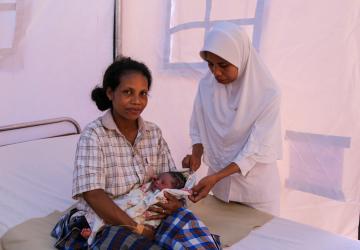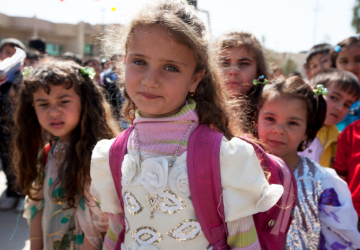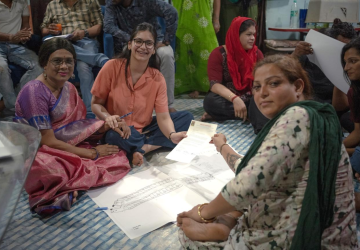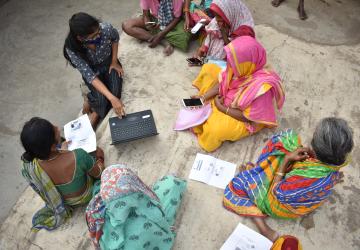Deputy Secretary-General calls on UN Leaders to accelerate SDGs and boost hope in Arab States
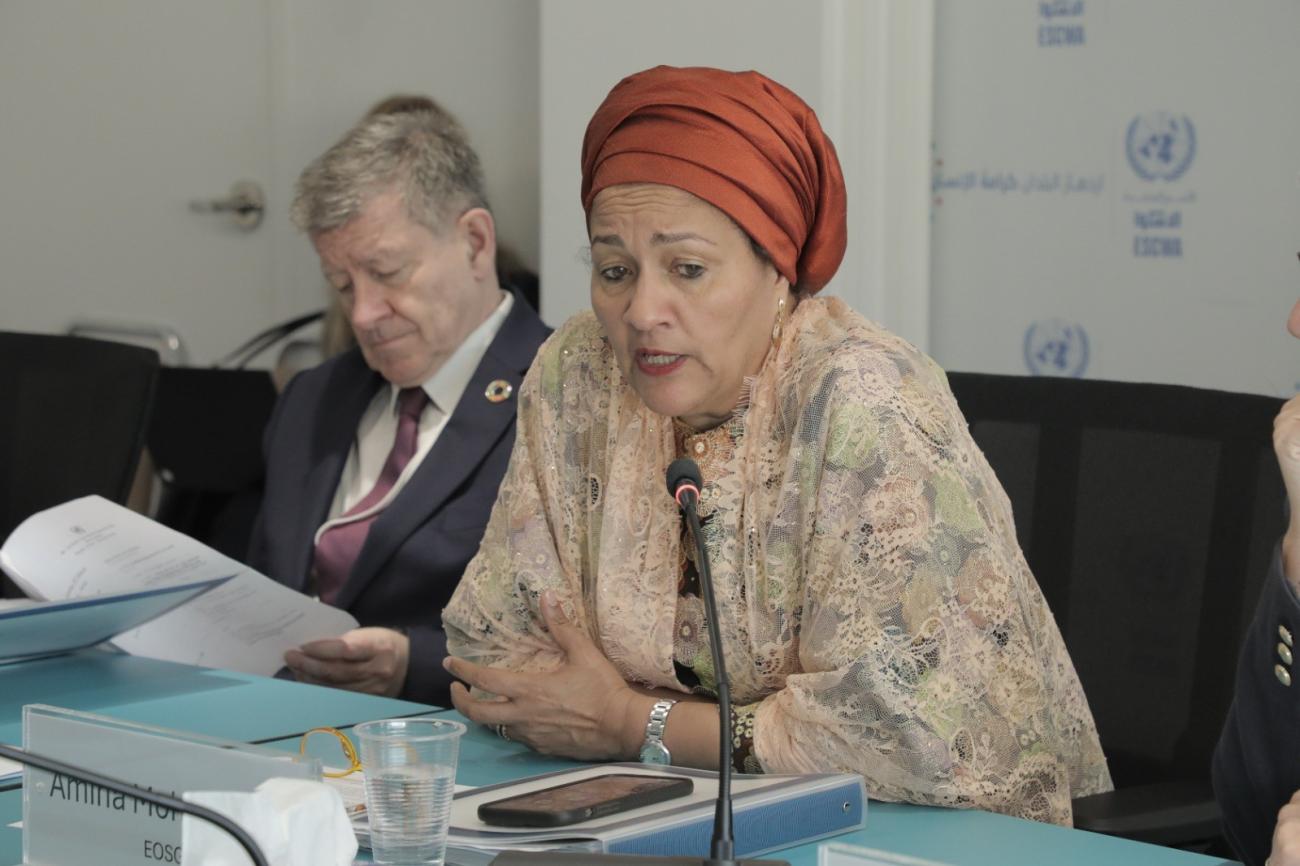
The annual meeting of Resident Coordinators (RCs) of the Arab States with UN Deputy Secretary-General, Amina J. Mohammed, was held in Beirut on 5 March, on the sidelines of the Arab Forum for Sustainable Development.
The meeting focused on assessing RC’s progress in supporting governments’ efforts to advance the Sustainable Development Goals (SDGs) and foster regional cooperation amidst unprecedented regional challenges.
“Our shared commitment to transforming our world is not just a promise but a necessity. Together, with our collective and effective actions we can chart a path toward a sustainable and equitable future for all despite the crises facing the region,” Ms. Mohammed said.
Driving change
Ms. Mohammed underscored the vital role of RCs in supporting governments to implement commitments made at the 2023 SDG Summit and in advance key transitions. She emphasized the need for policy reforms, developing catalytic initiatives, and forging partnerships for substantial financing to accelerate SDG progress.
“Amid the monumental challenges facing the region, we have a professional and moral obligation now more than ever to support the countries we serve, with all resources we have, in accelerating progress towards the SDGs,” she said.
Ms. Mohammed was joined by Under-Secretary-General for Policy, Guy Ryder, who highlighted the importance of the upcoming Summit of the Future in addressing current and future challenges and opportunities.
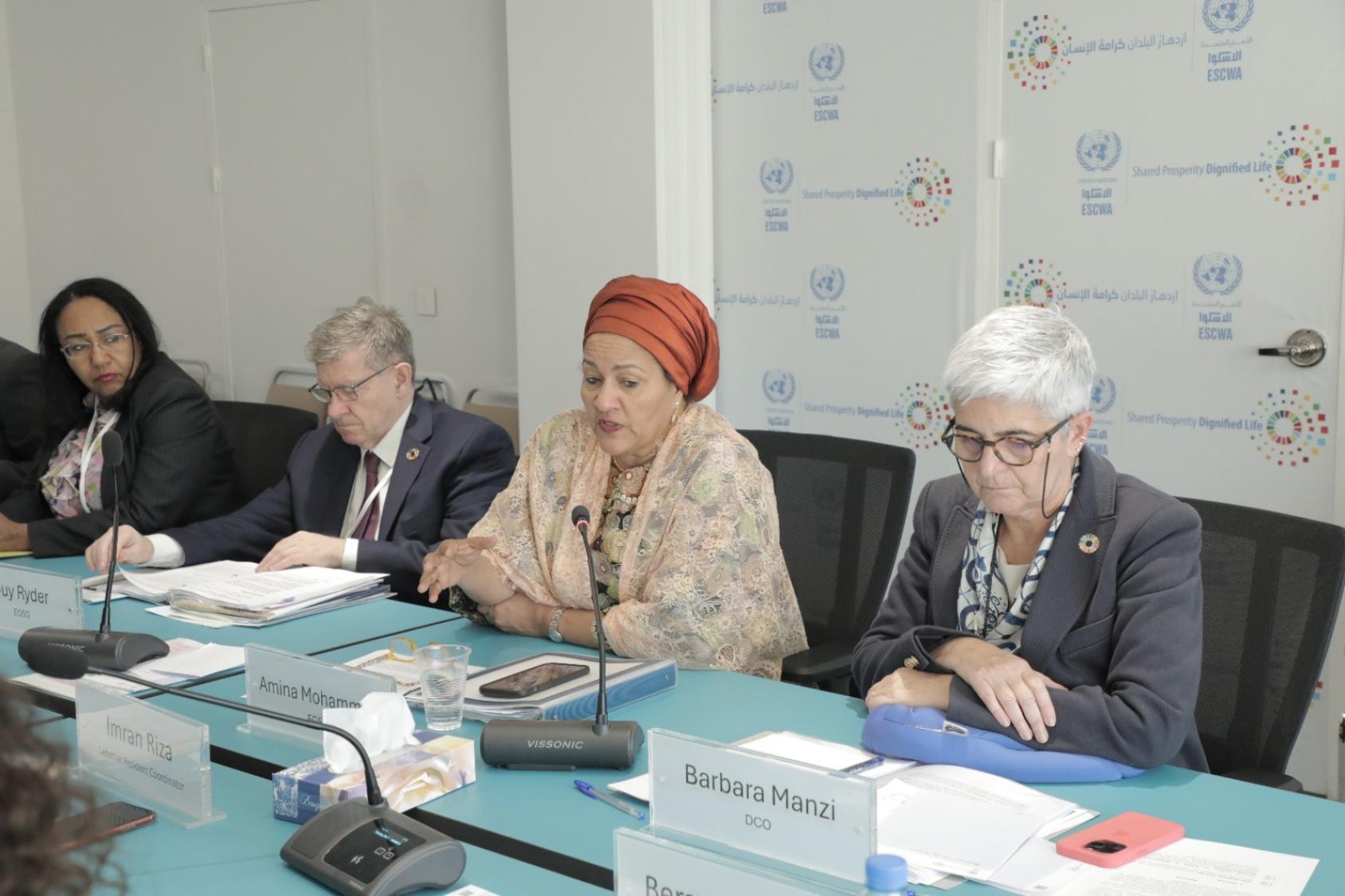
Navigating challenges
The regional meeting provided an overview of UN country teams strategic positions identifying opportunities and challenges for SDG acceleration.
Political instability, financing constraints, and capacity gaps remain persistent obstacles, but UN teams are demonstrating flexibility in programming and inclusive stakeholder engagement to overcome them.
The RCs shared initiatives and experiences supporting host governments on their 2023 SDG Summit commitments as they prepare for the Summit of the Future. For instance, UN teams in High-Income Countries are rethinking their engagement and partnership strategies to better tailor UN support, including through diversifying partnerships and promoting in-country capacities.
In fragile and conflict contexts, Resident Coordinators stressed the importance of upholding the principles of the UN Charter, underscoring the right of every citizen to development.
“The context of multifaceted crises facing Lebanon, makes it imperative for us to find a path towards development, towards movement on the SDGs. At this critical juncture, we are working with the Government and other key stakeholders to find the opportunities amidst the current challenges,” Resident and Humanitarian Coordinator in Lebanon, Imran Riza said.
Despite challenges the broader region demonstrates a similar commitment to peace and development.
“Jordan is a model environment for the Secretary-General’s New Agenda for Peace, for the acceleration of the SDGs as a support to sustaining peace and stability in a volatile region,” UN Resident Coordinator in Jordan, Sheri Ritsema-Anderson stated. “As hope in the region is in short supply, the Summit of the Future offers Jordan and the entire Arab region a unique opportunity to contribute to the new global Pact for the Future and create hope that the future will ensure equal rights for all people worldwide,” she added.
The discussions highlighted the need for stronger global and regional cooperation to drive real change at the country level, paving the way accelerated progress towards the SDGs.
“By focusing on areas of national priorities and developing transition strategies that align with both local and global development goals, we can redefine our role and impact,” said DCO Regional Director for Arab States, Ms. Barbara Manzi. “Our collective efforts, underpinned by the 2030 Agenda, represent a beacon of hope and a testament to the power of partnership and strategic engagement,” she concluded.
